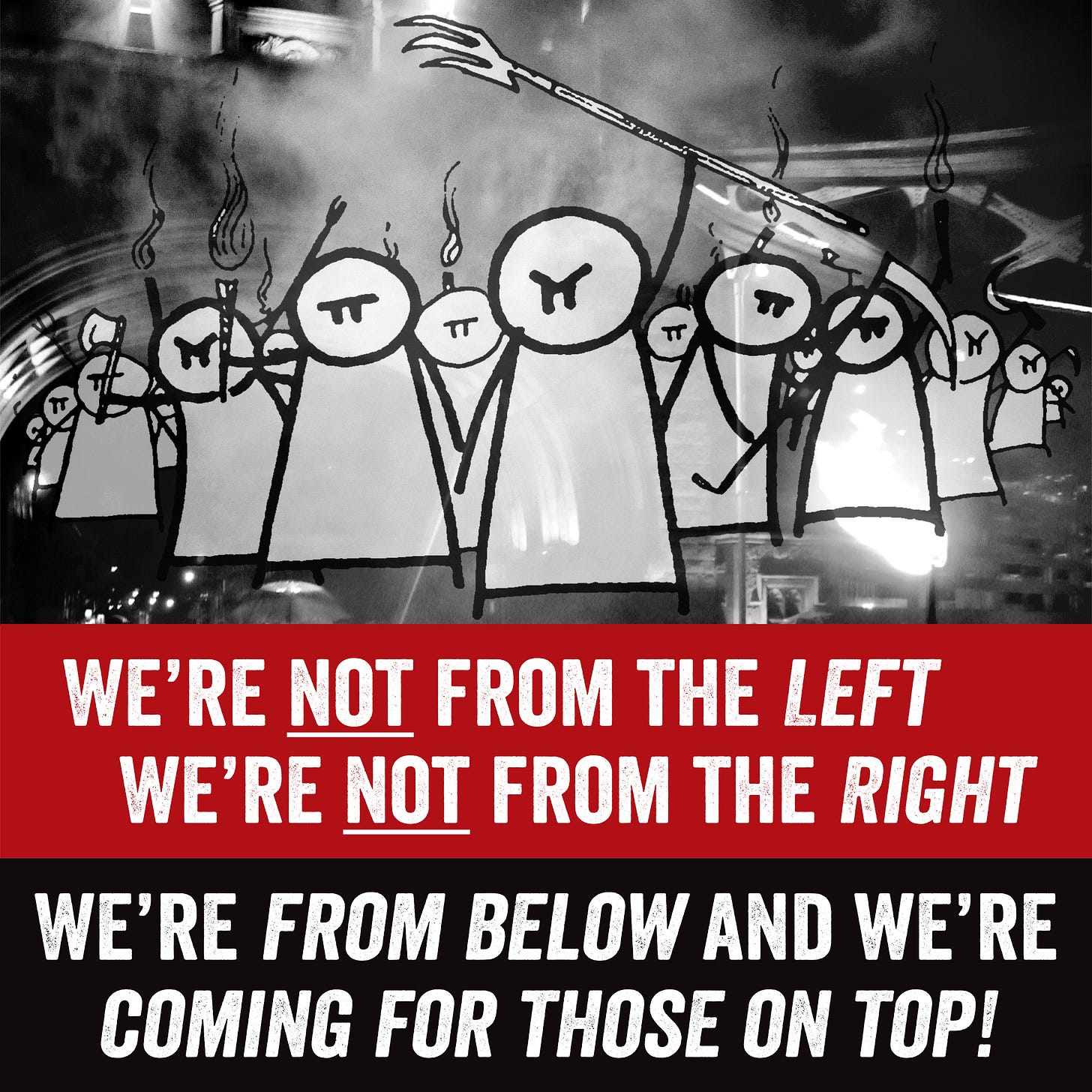Here in England, campaigning for the local elections is in full swing. My feed on X is featuring a lot of posts from candidates out door knocking and doing what they can to drum up support. Having stood twice for the Independent Working Class Association (IWCA) in the local elections in 2007 and 2008 when I was living in Thurrock, I can understand how candidates get wrapped up in their campaigns. Having stood two years in succession, I can tell you that it's a very gruelling, hard slog. This is particularly the case when you haven't got anything in the way of a party machine to back you up.
What I tried to do after both of these campaigns was to take a few steps back to try and put things into some kind of context. One of the aspects I looked at then, and have continued to do so to this day, is the election turnout. Which when I was living back in Thurrock averaged around the 30% mark. The vast majority of people simply didn't feel it was worth their while to bother going out to cast a vote. Now I've been living in Keynsham for close to two years and am starting to get a feel for local and regional politics, I'm starting to pay attention to the turnout down here. The general trend is that the more affluent and educationally qualified the demographic in a ward is, the higher the turnout will be. The more working class and less educationally qualified the demographic in a ward is, the lower the turnout will be. Obviously, there can be exceptions if there's a rare candidate in a working class ward who has the charisma to persuade people who don't normally vote to turn out and put a cross by their name on the ballot paper. It should be noted that such candidates are rare.
So, we have a situation where the working class feel that politicians at local, regional and national levels either don't represent their interests, or are actively hostile to them. We have what can best be termed as a political vacuum. We've seen attempts by reactionary elements to try and fill these vacuums for their own nefarious ends. Attempts that when the British National Party were contesting elections, did yield them some councillors. Attempts that prompted the evolution of the IWCA from Red Action so that an enlightened working class alternative was on offer. Sadly, the IWCA experiment didn't yield the results they were hoping for.
Will anyone make a serious attempt to fill the political vacuum created by a political mainstream that has only sought the votes of the working class for their own cynical ends? From Transform and the Trade Unionist & Socialist Coalition on the left through to the likes of Reform on the right, there are players jostling to fill that vacuum. As a brief aside, please be aware that we think the left vs right political dichotomy is becoming increasingly redundant. Anyway, whether any of these players make a breakthrough remains to be seen. There may well be the odd surprise here and there but my gut feeling is that yet again, None Of The Above (NOTA) will be the ultimate winner in the vast majority of working class wards with turnouts hovering around the 30% or less mark.
Despite the numerous attempts to denigrate the working class, being at the sharp end of life, they're pretty damn savvy. They know that there's only so much an elected councillor can do. From limits on local authority spending as a consequence of permanent austerity, through senior council officers who think they're the ones running the show, onto shadowy vested interest pulling strings in the background, what an elected councillor can actually achieve is subject to quite a few constraints.
Bristol is but one example of vested interests pulling strings in the background. This ranges from the Society of Merchant Venturers (SMV) on the one hand through to the University of Bristol on the other. Volumes could be written about the shadowy influence of the SMV, trust us on that one! With swathes of the city being given over to campus expansion and lucrative housing blocks for a seemingly ever expanding student base, people can be forgiven for thinking that the university has a key, and completely unaccountable role in the running of Bristol. Seriously, who in their right minds votes for a sodding great student accommodation block to be plonked in their neighbourhood? When working class people feel that unelected and unaccountable vested interests are the ones wielding power in the background, you can't really blame them for not bothering to go out and vote in the local elections.
What may well have an impact on the turnout is the requirement to have some kind of verifiable photographic identification on you when you turn up to vote. It can be a hassle getting hold of the right kind of identification, particularly for those who are not very tech savvy. It's also another step towards a (digital) 'papers please' kind of society that any right thinking person would instinctively reject. So, those not wishing to accede to the demand to acquire a verifiable form of photographic identification in order to cast a vote will, by excluding themselves from the polls, be contributing to the growth of NOTA.
Once the elections are done and dusted, we'll have a trawl through the turnout figures for the wards in Bristol to see how well NOTA did. That's a time consuming process so please don't expect us to come out with a commentary and analysis straight after the election! This from the Thurrock & Basildon Heckler, is a flavour of what you can expect from us in terms of post election commentary: After the elections… 7.5.21 and: Turnout…the elephant in the room… 12.5.21. We suspect that in the more working class wards, NOTA will yet again have put in a good performance. However, we are prepared for one or two possible surprises...
All of this begs the question - who is going to fill the political vacuum in working class areas? At the very least, the thinking behind the old IWCA slogan - working class rule in working class areas - needs to be given some serious consideration. What also needs to be given some serious thought is whether that aim can be achieved within a system that's blatantly rigged, or whether more radical action is required. The thing is, when the working class have taken to the streets in their own right, the established left and so called radicals have at best been sceptical and at worst, sought to denigrate them. The doubts that were cast on the Gilets Jaunes movement over in France is one example of this scepticism verging on hostility. The anti-lockdown and anti-vaccine mandate protests that had a large working class component are a classic example of the left and so called radicals finding a perfect excuse to vent their scorn and hostility. We have to accept the fact that any efforts by our class to find our voice will be met with hostility. That should not in any way deter us from striving to do just that...








I think that to a certain degree the political vacuum in the working class areas is being filled by people protesting against new traffic management schemes where these have been implemented. This is happening in Oxford for example and may well be in Bath? However, even if those measures have been the stimulus for more independent candidates, it is commonly overlooked that many working class people have always been priced out of car ownership. Not just the capital cost but the cost of taxing, insuring and maintaining a car, hence will always be reliant on needing good public transport.
One trend that I have become aware of is that of the WFH professional middle class turning away from the Tories in favour of the Green Party. It is as if because they can work from home, they've become 'born again' climate activists, with the electrical vehicle on the driveway maybe just being taken out at weekends. Warwick District was until the last local elections run by the Tories, now it is run by a Green-Labour coalition with the Greens the largest single group on the council. The only election we have this time is for the Police and Crime Commissioner, with just Con, Lab and LD candidates standing.